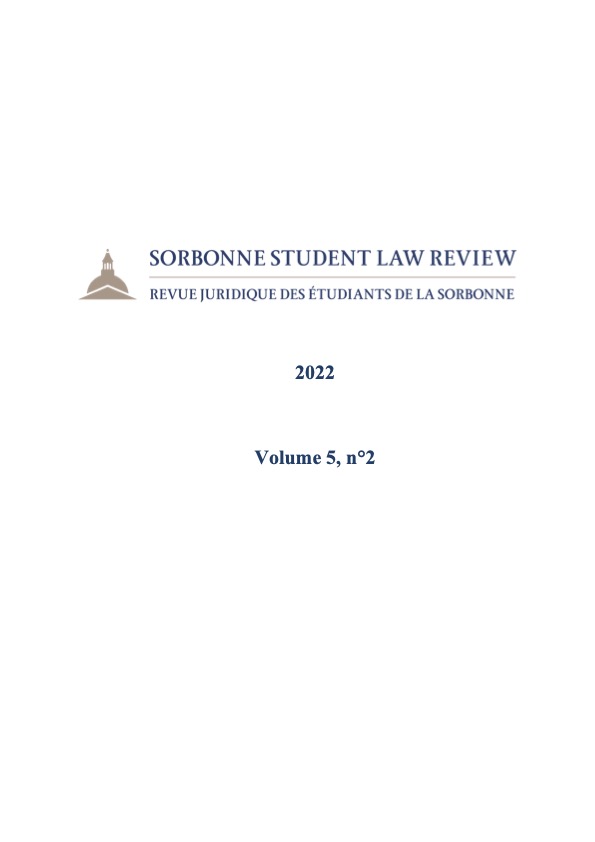Abstract
The appropriateness of arbitration to resolve private disputes is unquestionable. Complications emerge as soon as it becomes apparent that a “private” dispute may well involve matters of broader public interest. This is the case with competition law claims in the sphere of private enforcement. In view of the importance of these claims for the furthering of the public interest, are arbitrators entitled to adjudicate them? In other words, are disputes involving competition law arbitrable? In the affirmative, the role of state courts comes into play. What is the appropriate level of scrutiny that a state court should apply with regards to an arbitral award resolving issues of competition law? Are state judges empowered –or even obliged– to impose their proper competition analysis on the dispute at hand or should they give deference to the tribunal’s reasoning? It is these questions that the present article attempts to answer. It does so by comparing the solutions given by US and EU courts on these two crucial issues for the relationship between arbitration and competition law: arbitrability and standard of review.

This work is licensed under a Creative Commons Attribution 4.0 International License.
Copyright (c) 2022 Sorbonne Student Law Review - Revue juridique des étudiants de la Sorbonne

